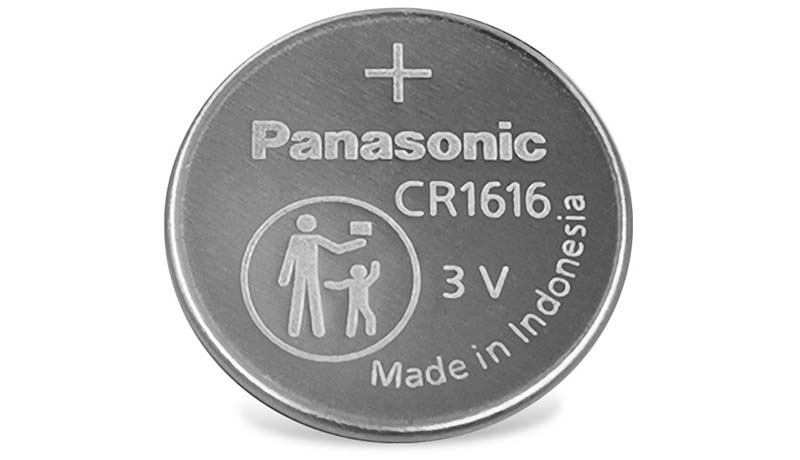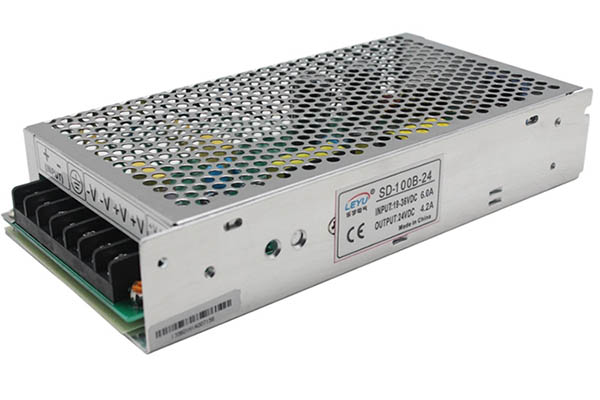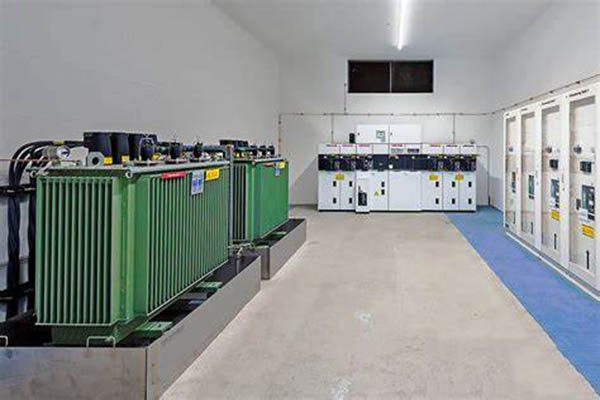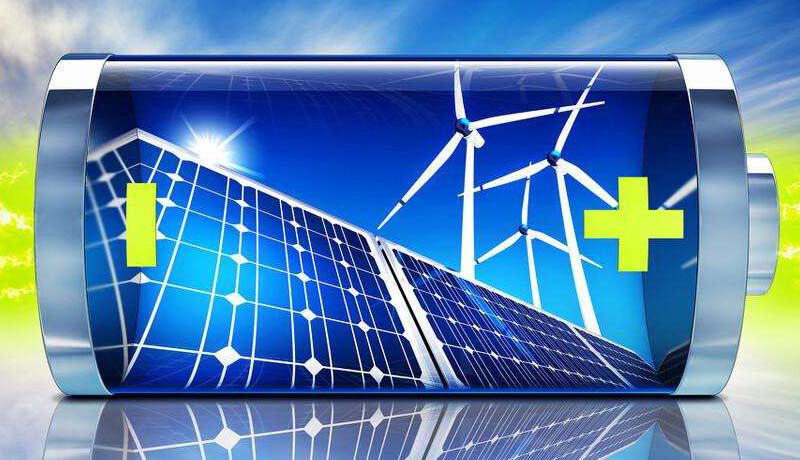Batteries are an essential component of many modern technologies, powering everything from smartphones to electric cars. Two of the most promising types of batteries currently under development are solid state batteries and lithium-ion batteries. While both types of batteries have their own unique advantages and limitations, understanding the differences between them is crucial for anyone interested in the future of energy storage.
Solid State Batteries
A solid state battery is a type of battery that uses solid electrodes and electrolytes, rather than the liquid or gel electrolytes found in traditional batteries. This allows for a number of advantages over traditional batteries, including:
- Higher energy density: Solid state batteries can store more energy in a smaller volume than traditional batteries, making them a good choice for applications where space is limited.
- Lower flammability: Because solid state batteries do not use liquid or gel electrolytes, they are less likely to catch fire or explode if damaged.
- Longer lifespan: Solid state batteries can last longer than traditional batteries because they are less likely to degrade over time.
Despite these advantages, solid state batteries still face a number of challenges and limitations. One major issue is that they are currently much more expensive to produce than traditional batteries. Additionally, it is difficult to find materials that can be used as solid electrolytes with high enough conductivity to make solid state batteries practical.
Lithium-Ion Batteries
Lithium-ion batteries are a type of rechargeable battery that use lithium ions to store energy. They are widely used in consumer electronics, such as smartphones and laptops, due to their high energy density and long lifespan. Other advantages of lithium-ion batteries include:
- Widely used in consumer electronics: Lithium-ion batteries are a well-established technology, and are used in a wide range of consumer electronics.
- Higher energy density than traditional batteries: Lithium-ion batteries can store more energy in a smaller volume than traditional batteries, making them a good choice for portable devices.
- Longer lifespan than traditional batteries: Lithium-ion batteries can last longer than traditional batteries because they are less likely to degrade over time.
However, lithium-ion batteries also have some limitations. One major issue is that they can be prone to overheating or catching fire if damaged. Additionally, the limited availability of lithium is a concern for the long-term scalability of lithium-ion batteries.
Comparison of Solid State and Lithium-Ion Batteries
While solid state batteries and lithium-ion batteries both have their own advantages and limitations, there are also some key differences between the two types of batteries:
- Energy density: Both solid state batteries and lithium-ion batteries have higher energy densities than traditional batteries, but solid state batteries may have the potential to be even more energy-dense than lithium-ion batteries.
- Flammability: Solid state batteries are less flammable than lithium-ion batteries, which can be prone to overheating or catching fire if damaged.
- Lifespan: Both solid state batteries and lithium-ion batteries have longer lifespans than traditional batteries, but solid state batteries may have the potential to last even longer than lithium-ion batteries.
- Cost: Currently solid state batteries are much more expensive to produce than lithium-ion batteries.
These differences have important implications for the future of energy storage. For example, solid state batteries may be a better choice for applications where safety is a major concern, such as electric cars or grid storage. On the other hand, lithium-ion batteries may continue to be the go-to choice for portable devices due to their widespread use and lower cost.
It’s also worth noting that both solid state and lithium-ion batteries are still in the early stages of development, and significant advancements in materials science and manufacturing processes may change the current limitations of both types of batteries.
Conclusion
In conclusion, solid state batteries and lithium-ion batteries are two of the most promising types of batteries currently under development. Solid state batteries offer higher energy density, lower flammability, and potentially longer lifespan, while lithium-ion batteries are widely used in consumer electronics, have higher energy density and longer lifespan than traditional batteries. Both types of batteries have their own unique advantages and limitations, and the choice between them will depend on the specific application and the trade-offs that are acceptable.
As the technology continues to evolve, we can expect to see a growing number of applications for both solid state and lithium-ion batteries. However, it will be important to keep in mind that despite the recent advancements, both types of batteries are still in the early stages of development and significant advancements are expected in the future.




